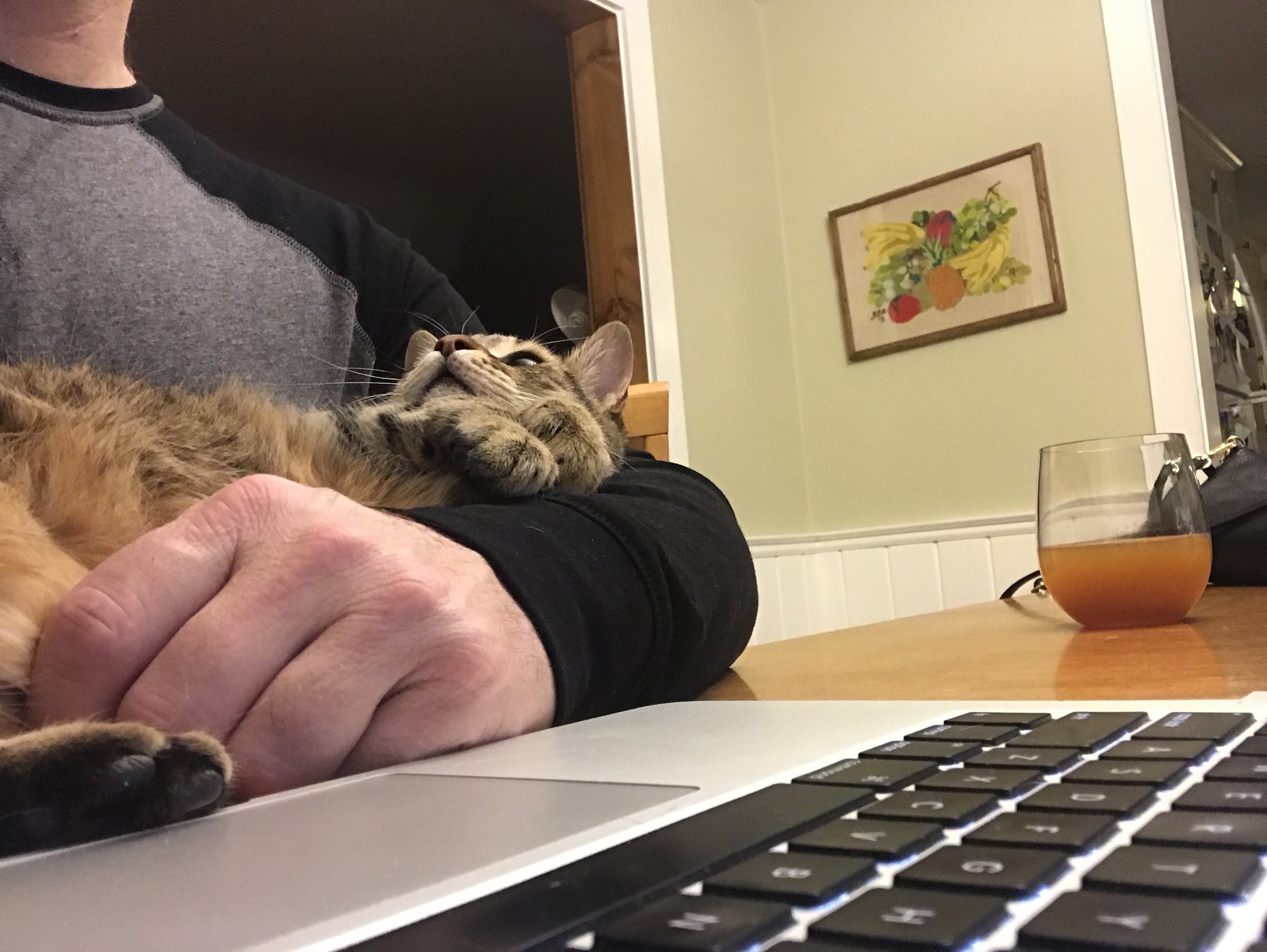Four books in two months has been challenging, and this isn't helping.
/I'm working like hell to wrap up my first middle grade novel. It should be done in a day or two.
I'm excited about the idea of writing a book aimed at the students I teach. Although Memoirs of an Imaginary Friend and The Perfect Comeback of Caroline Jacobs crossed over into the YA market, this book is actually written with kids in mind.
It's a highly autobiographical novel entitled Cardboard Knight.
It's also a month late, which is not like me, but things got a little crazy at the end of 2018. Many books required attention all at once:
My first book of nonfiction, Storyworthy: Engage, Teach, Persuade, and Change Your Life Through the Power of Storytelling, hits the bookstores on June 12. I'm proofreading now and will be narrating the audio version this spring.
It's available for preorder. If you want to help an author out.
I also finished my next adult novel, currently titled How I Ended Up Here: A List, just a few weeks ago. It's in the hands of my editor, so I'll be revising soon.
I'm also in the process of revising a novel entitled The Other Mother, which will come out in the US in 2019 or 2020 but will publishes in the UK in November of 2018.
It's a long story that I'll share someday soon.
In short, it's been a busy couple months.
Also, this is definitely not helping in terms of getting the work done.




